This post is part of a virtual book tour organized by Goddess Fish Promotions. Jack Hillman will be awarding a $15 Amazon or Barnes and Noble GC to a randomly drawn winner via rafflecopter during the tour. Click on the tour banner to see the other stops on the tour.
When you write that non-fiction article, it works the same way. It’s much easier to write about something you have done, a job you have worked at, a hobby you enjoy, or a subject you have studied for years.
That’s good, and if you have subjects, or hobbies, or employment that lend themselves to articles, you’re in for a shock the first time you get a check for a non-fiction article you wrote.
Permit me to impart to you one of the great secrets of writing. Sit at my feet, Grasshopper, and listen to the wise, old… well, anyway. The real money in writing is in non-fiction.
Writing fiction is fun. You get to create things: places, people, events. You get to play God as these things do what you tell them (Okay, the article about characters talking to you and giving directions is for another time).
But the real money in writing, unless you’re lucky enough to get that book deal, is in non-fiction. Trade publications in many cases pay anywhere from ten cents a word for the smaller magazines, to as much as $1.50 a word for some of the really specialized journals. While it is true that many professional journals don’t pay for unsolicited material, it is also true that the same article that won’t get you a cent in the New England Journal of Medicine, might, with a little work, get you a hefty paycheck from Medical Economics.
So, how do you get those nice fat paychecks if you haven’t worked in the field, studied it in school, or have access to a spouse with the proper skills. Simple: you do research.
The key to a good non-fiction article is enough research to write intelligently on the subject, without overloading the reader with fourteen volumes of background (Gee, sounds just like writing fiction, doesn’t it?). With the Internet, the information you need is often only a click away.
Well, if it’s that easy why isn’t everyone doing it?
Mostly because it’s one of those things that looks easy on paper but is quite difficult in practice. So here are some tips.
First, learn the language. Find a good glossary on the subject you want to write about. If you don’t understand what the articles, websites, books or speakers are discussing, there is no way you’ll know what to put in (or keep out) of your article.
Second, check on groups. Most professions have professional groups or trade groups that have regular meetings, regular publications and—most importantly—regular sources of information, as in speakers or consultants. As someone explains it to you, so can you explain to your reader.
Third, be persistent. One of the hardest things about writing on a new subject is wading through three times more information than you need for your article to find that lone gem of an idea. But look at it this way, the other two-thirds of the information you have acquired might be a start of a new article, and you’ll already know the language and what questions to ask.
Fourth, learn the markets. Okay, you’ve probably heard this comment so many times that you’re getting tired of hearing it. But the truth is, if you don’t know who to sell the piece to, or at least have an idea of several markets, it’s a waste of time to write the article. Most professional publications have a specific way they want their information presented. And if they already did an article last year on Grecian Urns, they probably don’t want another, unless you convince the editor you have a new twist on what a Grecian earned (Ouch! Did I really write that?).
Fifth, be persistent. No, I’m not stuttering. Another facet of non-fiction writing that differs from fiction is that the same information, rewritten, can provide more than one article for different publications. In some cases, but not often, it may even be possible to sell exactly the same article to different publications that do not have conflicting readerships. Be ready to sell your knowledge to more than one editor, and charge accordingly.
Now that I’ve repeated everything you’ve heard before in Non-Fiction 101 at the last six conferences, why should you, the writer of fiction in whatever genre, pay any attention to non-fiction works. Simple—it pays to be flexible. Or, as I’m fond of saying: It pays to have options.
I got my start as a writer doing short essays and (gasp!) poetry long before I decided this was something I wanted to do as a career. In fact, I never planned on a career as a writer. But when I was laid off from my job, along with so many thousands of other folks, the only gig available that paid more than the fast-food joint down the street was as a writer. That doesn’t mean that I didn’t want to be a writer, it just meant I had to make a career change. But at least I had the option to do so. Many of my associates are still looking for work in our profession, and scraping by working at the local Micky D’s.
So take a look around your home office, or bedroom, or small corner of the kitchen table, where you do your writing. What’s in there that might be worth a few drachma to the right editor?
You never know.
Magic Forgotten is an Adult Urban Fantasy set in Eastern PA. It is the story of a paraplegic, freelance writer who has withdrawn from the world only to be dragged back out by the appearance of two strangers in his back yard. They are a Sidhe, the old elves of England, and a human wizardess, a captive of the elf, and they are here to take over the world. The writer and the wizardess have to stop the elf from achieving his plans.
Enjoy an Excerpt
Dan awoke with a splitting headache.
This was not surprising considering he was seated at his desk with his head resting on the computer keyboard. The corner of the escape key pressed into his forehead hard enough to leave an impression.
“At least they left the computer.” He mused as he tried to look around at the room. Everything seemed to spin as he moved. He lifted a hand to his forehead as he groaned in pain. His groan stopped as he felt something imbedded in the skin just above his nose, between his eyebrows. He probed with his fingers, trying to judge what it was. Smooth and oval, was all he could tell by touch. As he lowered his hand to look at his fingers for any residue, he noted something on the back of his wrist. Both wrists, he soon saw, had oval green gems the size of a nickel imbedded in the skin, just above the joint where it did not impair movement. As far as he could tell by touch, they matched the stone in his forehead. The sickly green color did little to help Dan’s queasy stomach.
His computer screen caught his attention as he examined his wrist. On the screen was a logo Dan did not immediately recognize, a sign-on for a database he had never entered before, to his knowledge. Looking from his hands to the screen, Dan wondered: had he had been typing under someone else’s control and accessed something he wasn’t supposed to see?
“Oh, shit. Steven King strikes again.”
About the Author: A lifelong Pennsylvania resident, Jack began a love of books sitting amid the mystery of hospitals and medical paraphernalia. Mythology of all cultures and a fascination with martial philosophies led to King Arthur, the knights of the round table and an array of science fiction and fantasy authors that had a strong impact on his life.
Real life got in the way of a writing career to start, but thirty years in the life and medical insurance field led Jack to a job as a stringer for local newspapers and writing for medical and insurance journals. In addition to years in the insurance field Jack also has fifteen years experience as a journalist and freelance writer, and has even won a Keystone Press Award (1998) for his journalistic efforts. Jack has written on a wide variety of subjects and keeps his hand in medical and insurance matters on a daily basis.
In addition to newspaper reporting and magazine articles, Jack has written articles for a variety websites–some under his own name and some as a behind-the-scenes contributor. Jack’s first short fiction piece, a novella, was serialized in an old BBS site in 1992, with the first hard copy magazine story arriving in 1993. Four dinner theater plays written by Jack have been produced and performed for local theater in Eastern Pennsylvania. His novels are now coming to light with the release of There Are Giants In This Valley published by Archebooks Publishing.
With experience as a journalist, short story writer, playwright and novelist, Jack often speaks at writer’s conferences, to writer’s groups and to school gatherings. If you are looking for a speaker on esoteric subjects, Jack probably has something tucked away in a folder for the occasion.
He lives in eastern Pennsylvania with his supportive wife, a squad of feline editors, and an array of edged weapons to inspire his works.






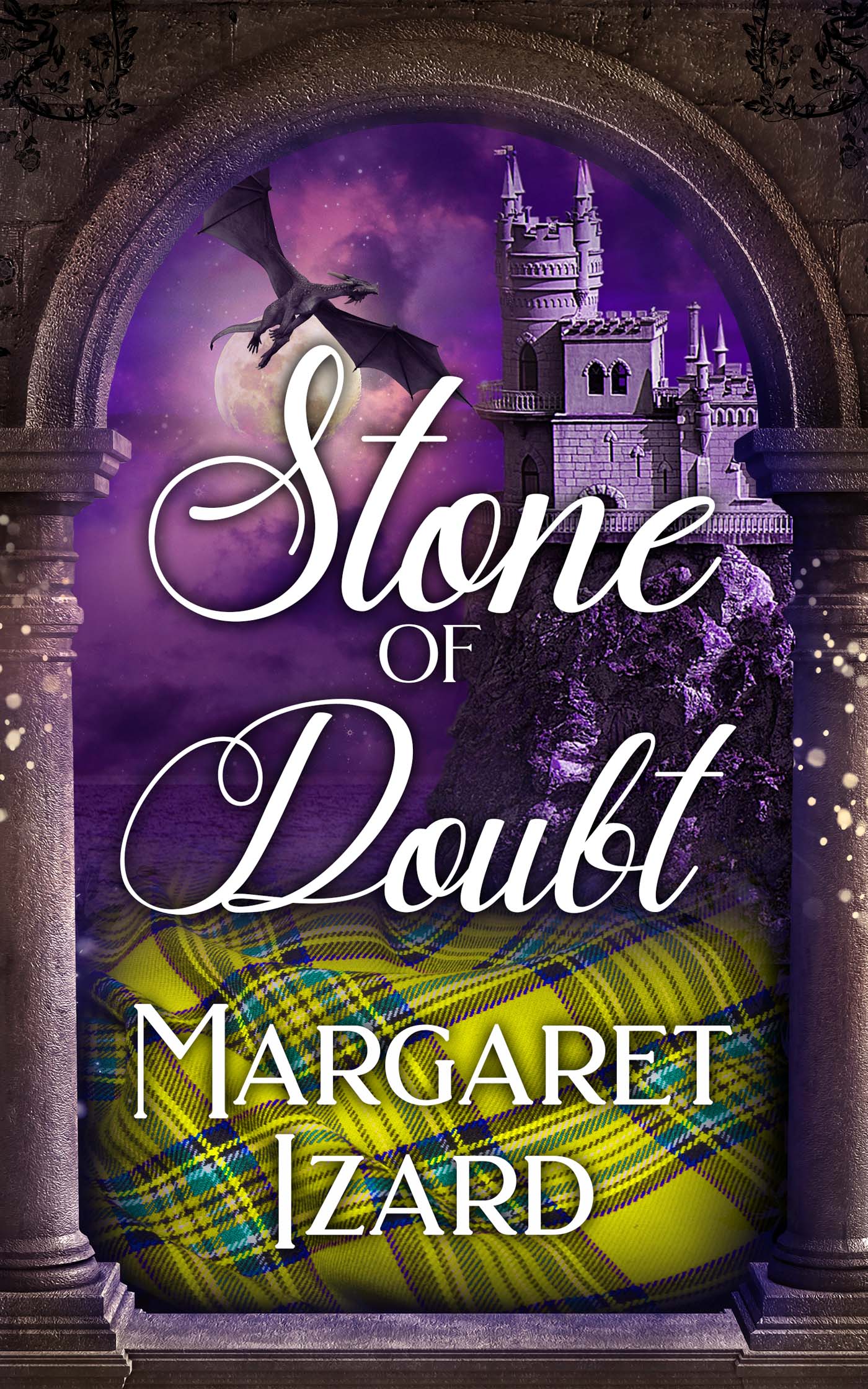
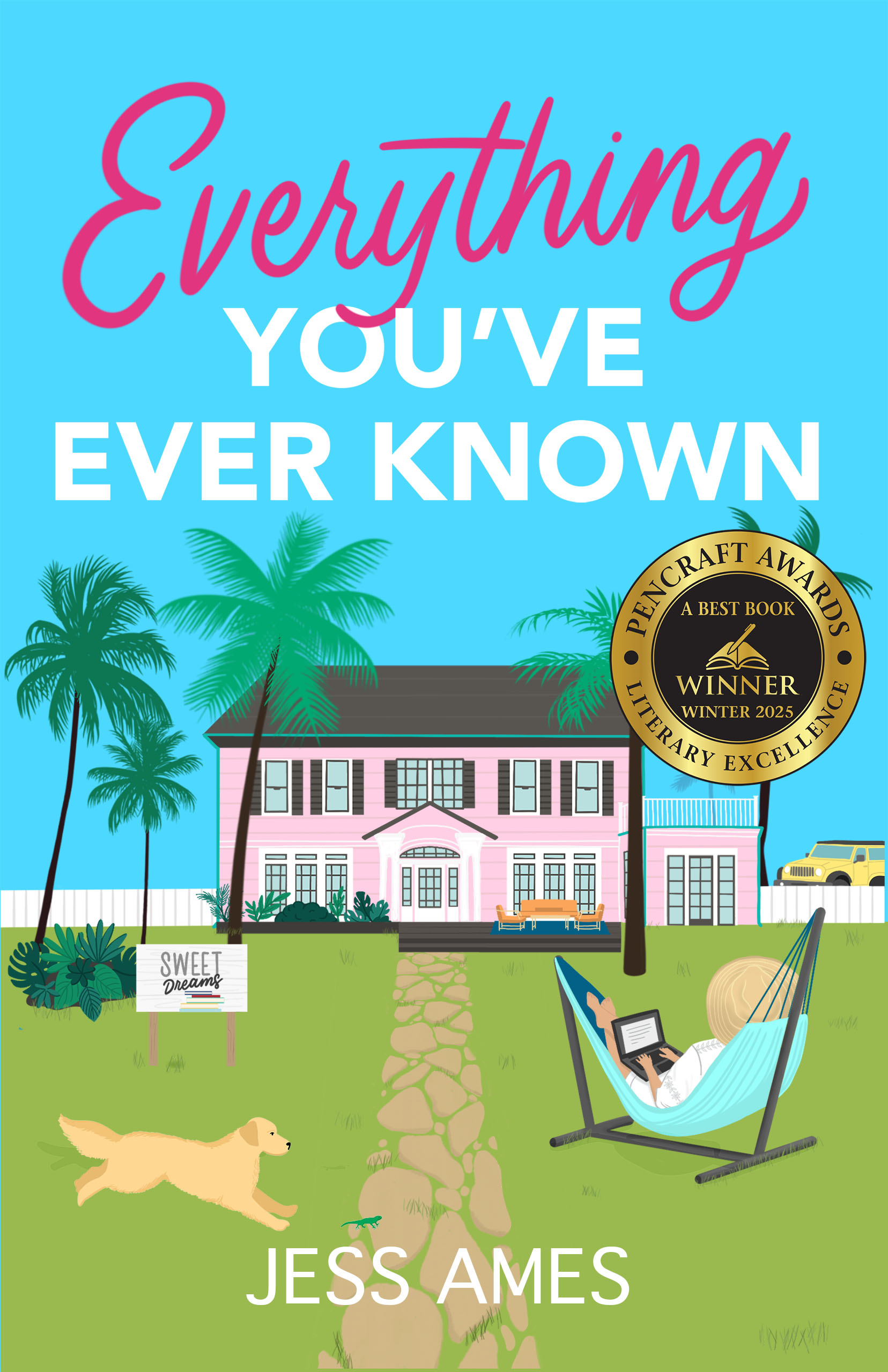
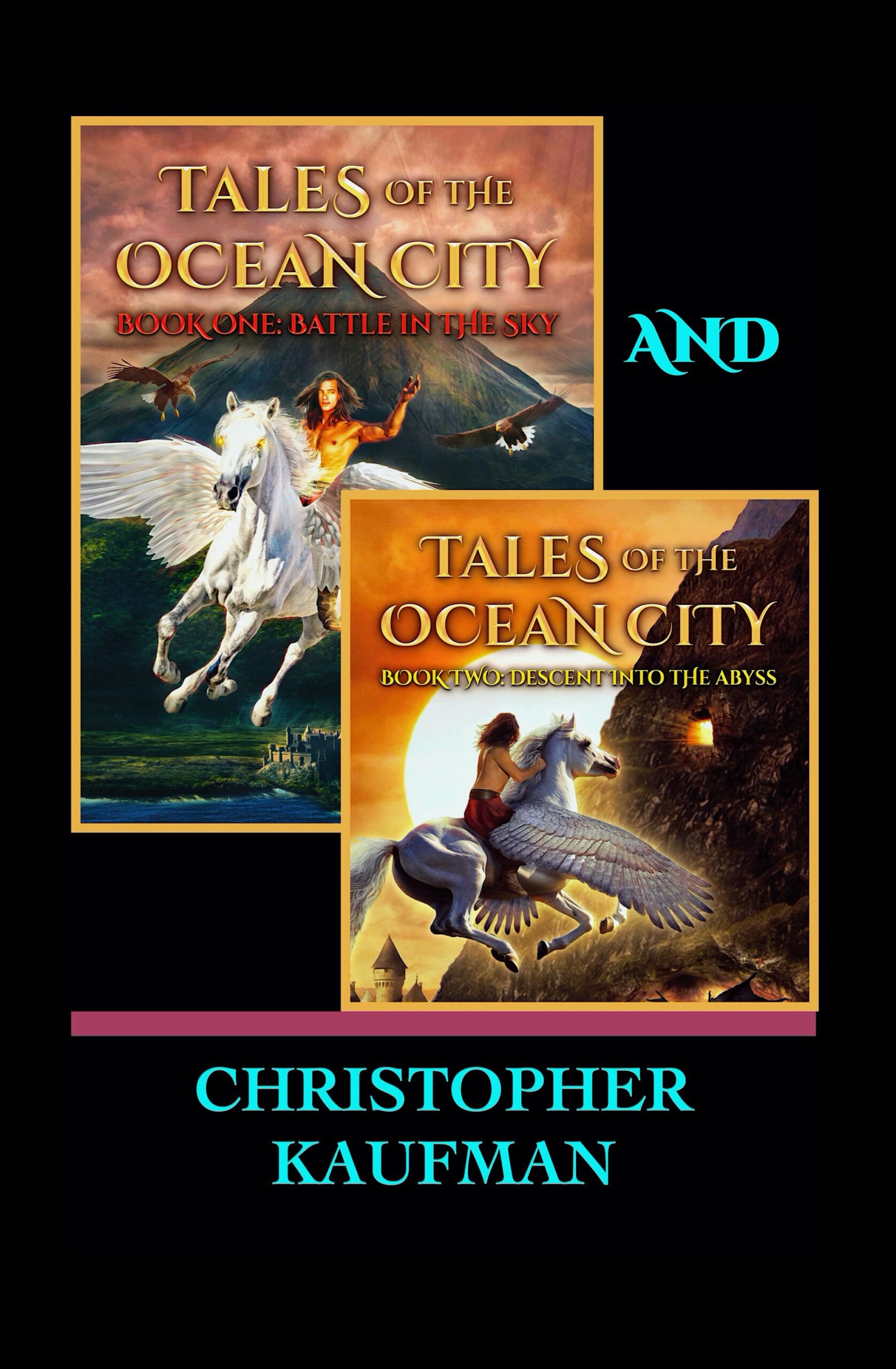
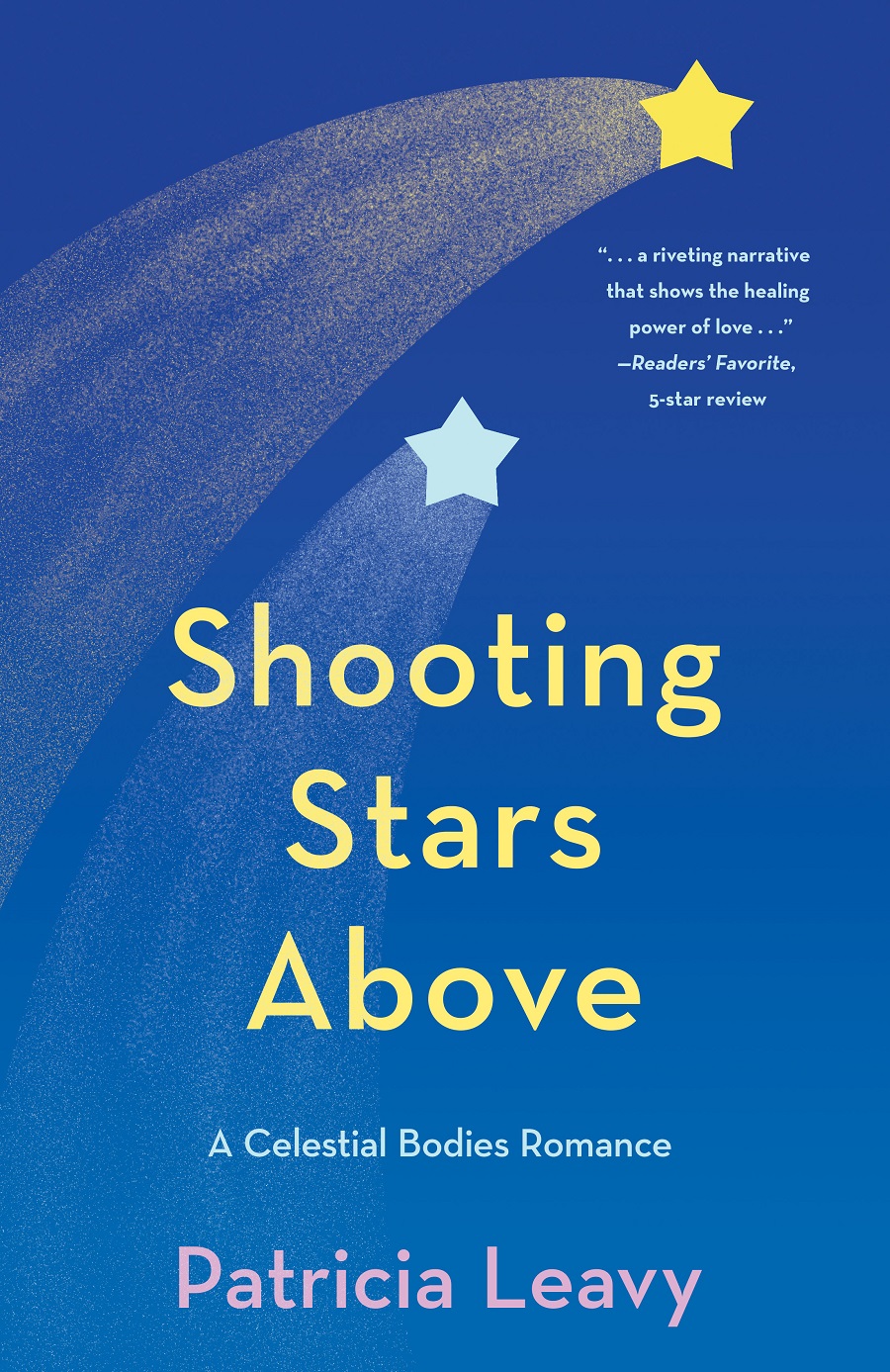
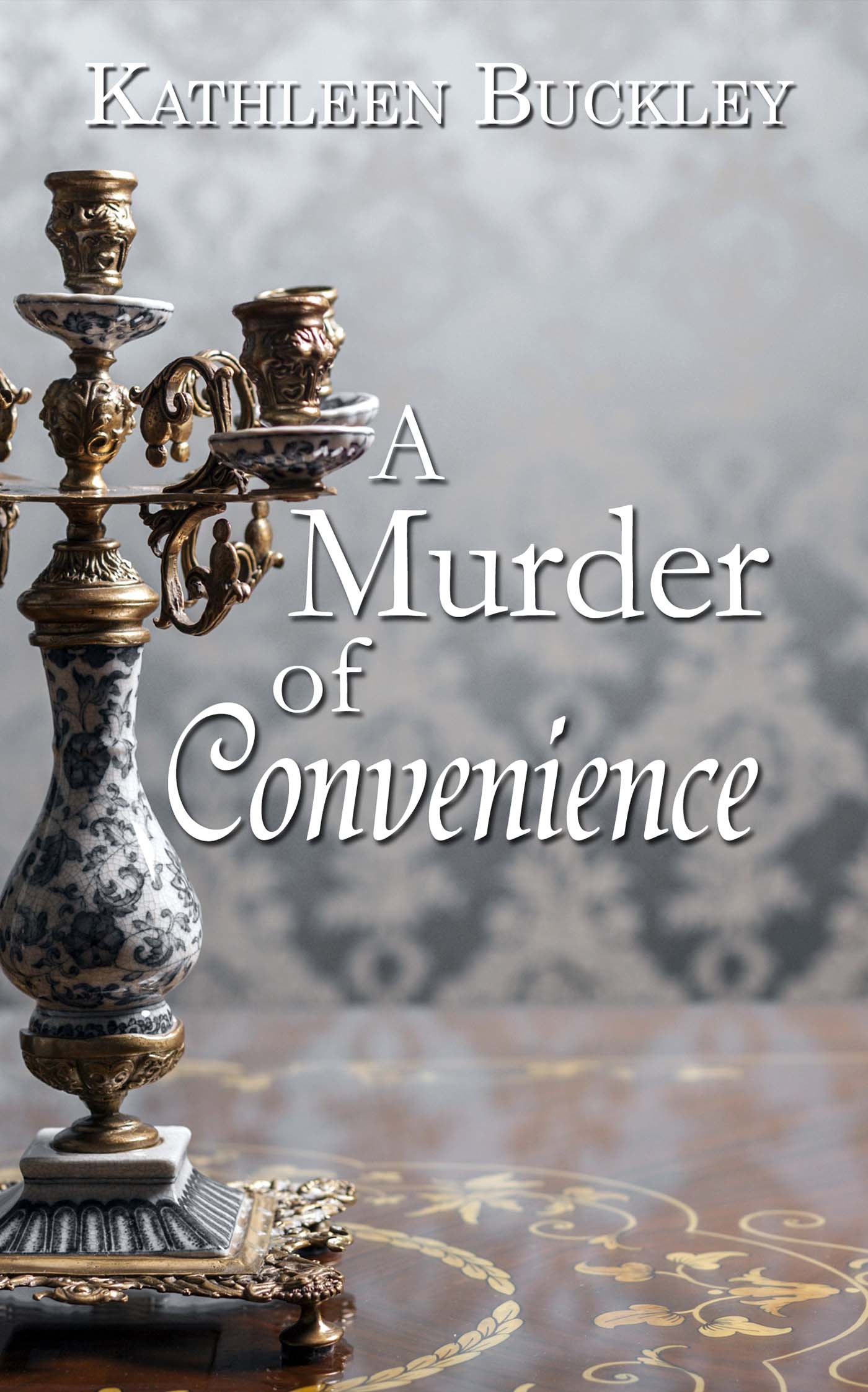

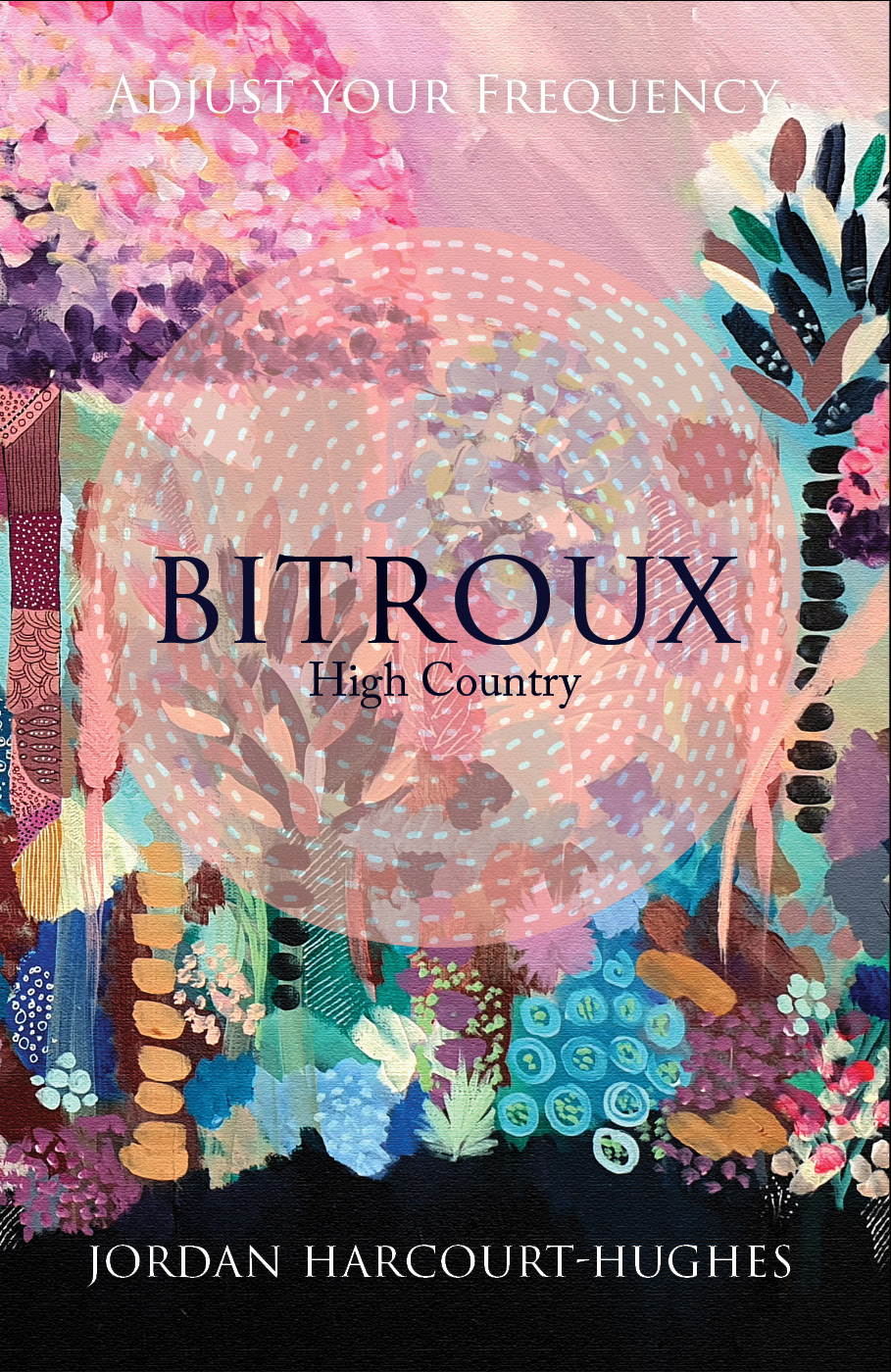
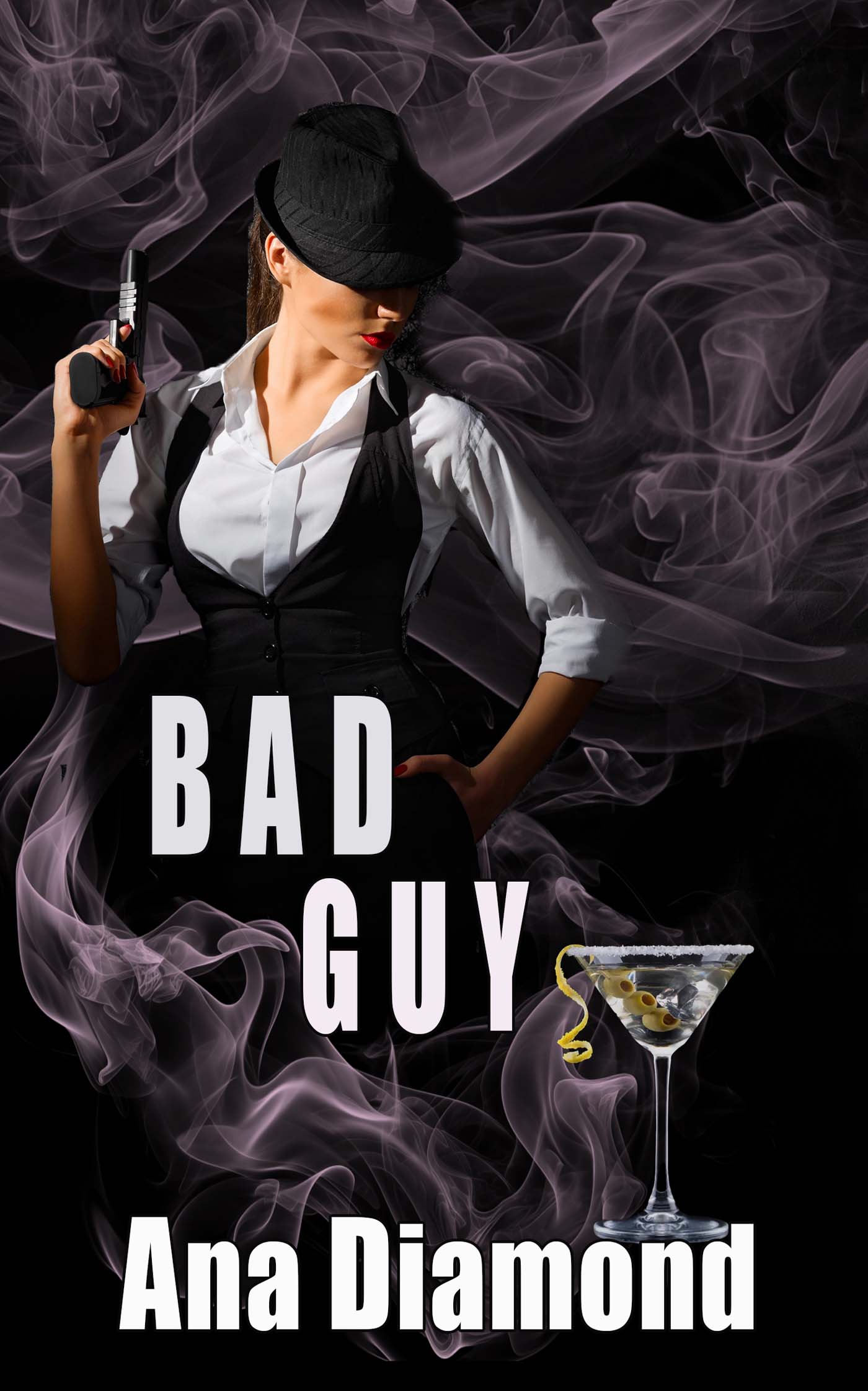
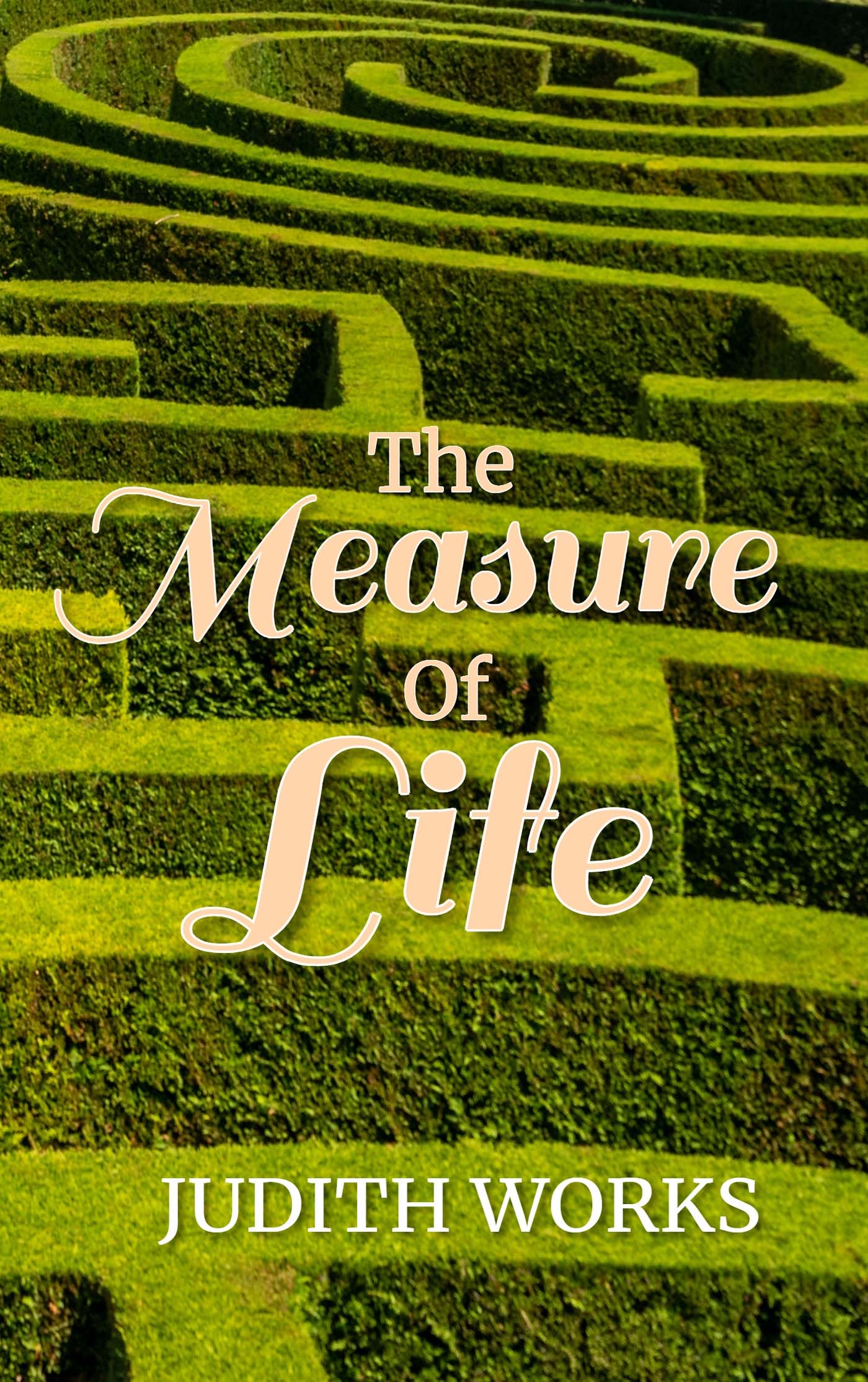




Thanks for hosting!
congrats on the tour and thanks for the chance to win
Congrats on the tour and thank you for the excerpt and giveaway.
Sounds like a great read.
Thanks for sharing the great post and for the awesome tour – I’m looking forward to checking this one out!